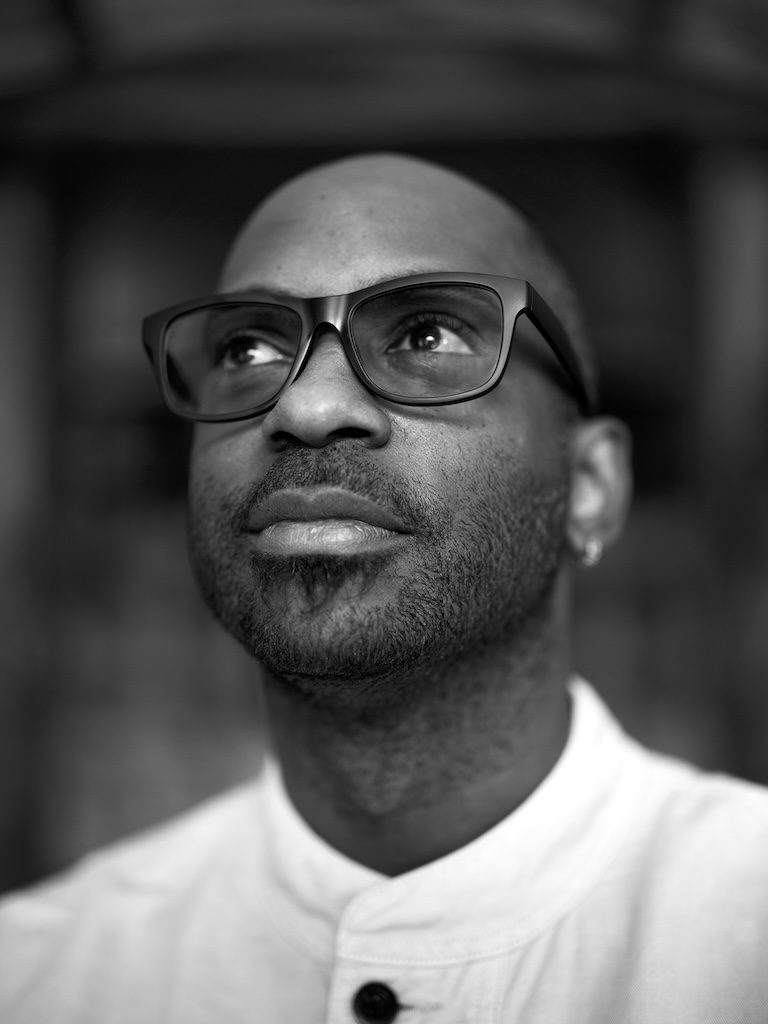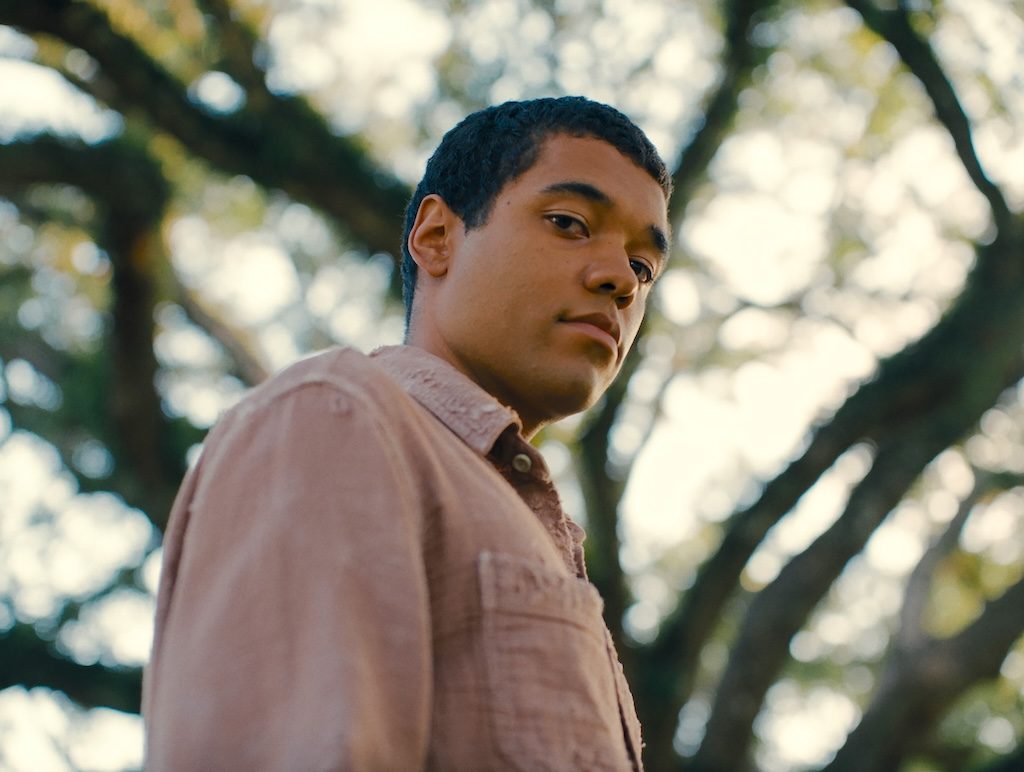We must believe in our souls that we are somebody,
that we are significant, that we are worthful,
and we must walk the streets of life every day with this sense of dignity and this sense of somebody-ness.
The record went round and around like an argument that always returned to its unassailable premise, and Dr. King’s words filled the front room of the shotgun house
— Colson Whitehead, The Nickel Boys
Nickel Boys tells a heart-wrenching story about two Black boys Elwood Curtis (Ethan Herisse) and Jack Turner (Brandon Wilson) who forge a deep and enduring friendship in the harsh confines of Nickel Academy, the notorious state-funded reformatory which promised “physical, intellectual and moral training.” Nickel is based on the Arthur G. Dozier School for Boys in Marianna, Florida, a reformatory that operated for 111 years and operated under a shroud of physical and emotional abuse. Many boys were murdered and buried in unmarked graves. It is set in 1962 amid the tumultuous backdrop of the civil rights movement.

RaMell Ross
The film is based on the 2019 Pulitzer prize-winning novel by Colson Whitehead and co-written by Oscar-nominated RaMell Ross (Hale County This Morning, This Evening, Easter Snap) and Jocelyn Barnes. Ross spoke with Creative Screenwriting Magazine about adapting Whitehead’s book for the screen.
“I read the book thinking about an adaptation before it was published. The film began before the book did,” reflects Ross. He doesn’t recommend this process because they are such different formats despite it working for him. “I feel like Colson is trying to do something very specifically canonical. A novel is its own medium and needs to be respected in that way.” A film has different rhythms and beats.
Upon completing the book, Ross visualized the cinematic version of the story that would work on screen. Ross was inspired by Whitehead’s “spare and specific language; its emotional landscapes; its rhythms. The minimalist novel was poetic and lyric and invited an open-ended visual world.”
Moments. Beats. The experience of life unfolding
Nickel Boys kicks off with innocent misstep on a Florida highway which sent Elwood, who had a promising future, to the Nickel Academy and forever changed his life’s course. RaMell doesn’t view this incident as a unique cruel twist of fate, because it could have been anything that sent Elwood to Nickel. This practice was de rigeur during the Jim Crow era.
Elwood & Turner
Elwood retains a modicum of hope during his sentence at Nickel, while Turner is more realistic about their circumstances. This paves the way for a beautiful friendship. Was their meeting fate or destined?
Someone’s life is constituent of a million intersections and decisions when meeting someone in that moment
“I think that the love that Turner gave to Elwood opened him up to the love of Martin Luther King. That love he carried through his perception and engagement with the world… Turner gets a little touch of it through his eyes and through his person,” continues Ross. After Elwood dies, Turner assumes his name to honor his memory.
Nickel Boys unfolds as a dual protagonist story with Elwood and Turner functioning as two sides of the same dramatic narrative. Each character has a distinct world view. “It’s everyone’s story in the same way that it’s both of theirs. Each of them don’t exist without the other, especially after they met. They’re inextricable as main characters,” continues the filmmaker.

Jack Turner (Brandon Wilson) Photo courtesy of Orion Pictures
Despite the traumatic conditions in the Nickel Academy, there are gentle moments of true sweetness in the film to illuminate their bond. RaMell believes this approach represents much of life. There are rewarding moments in negative situations. “The beauty of being human is to live in the present. When you live in the present and you’re connecting with people, everything outside of that beam of connection tends to fall away.” Elwood finds beauty in the ugliness and dreams of the world as a place of possibilities.
“The film is built on the notion of life and not death. We wanted the boys to live as long as possible and give them a cinematic life. It is about connection to the atmosphere, to the animals, to the act of looking, to the act of being present, to the act of engaging with what it means to be like a sentient being,” muses Ross.
Healing
Nickel Boys doesn’t have an especially happy ending, but it does have a hopeful ending.
“Many people are not healed and will pass away. Having passed trauma to others is a tragic and human problem. I’m glad to make a film that, while one character does pass away, there is an element of restoration in that someone who did have such a tumultuous youth, and went through such horrific events, and is capable of still living a life that is seems to be full and has genuine love,” concludes Ross.
“We tried to explore that source of purpose and love in Turner’s life through having Millie (Sara Osi Scott) be in the montage as someone who’s a partner and he’s able to be in dialogue with, but healing.”
RaMell Ross desires his audience to experience the film rather than take away a specific thematic message. There is no brow beating.
“I think of my films as an experience giving as much as they are offering something concrete.” They are accessible to both the Black and non-Black communities alike.
“I would like for audience to have an experience inside the lives of these boys as much as possible. I’d like to give someone an opportunity to swim in someone life conceptually. If that happens, it’s less about what theat person is capable of saying and more that they were capable of feeling. That’s actual knowledge.”
